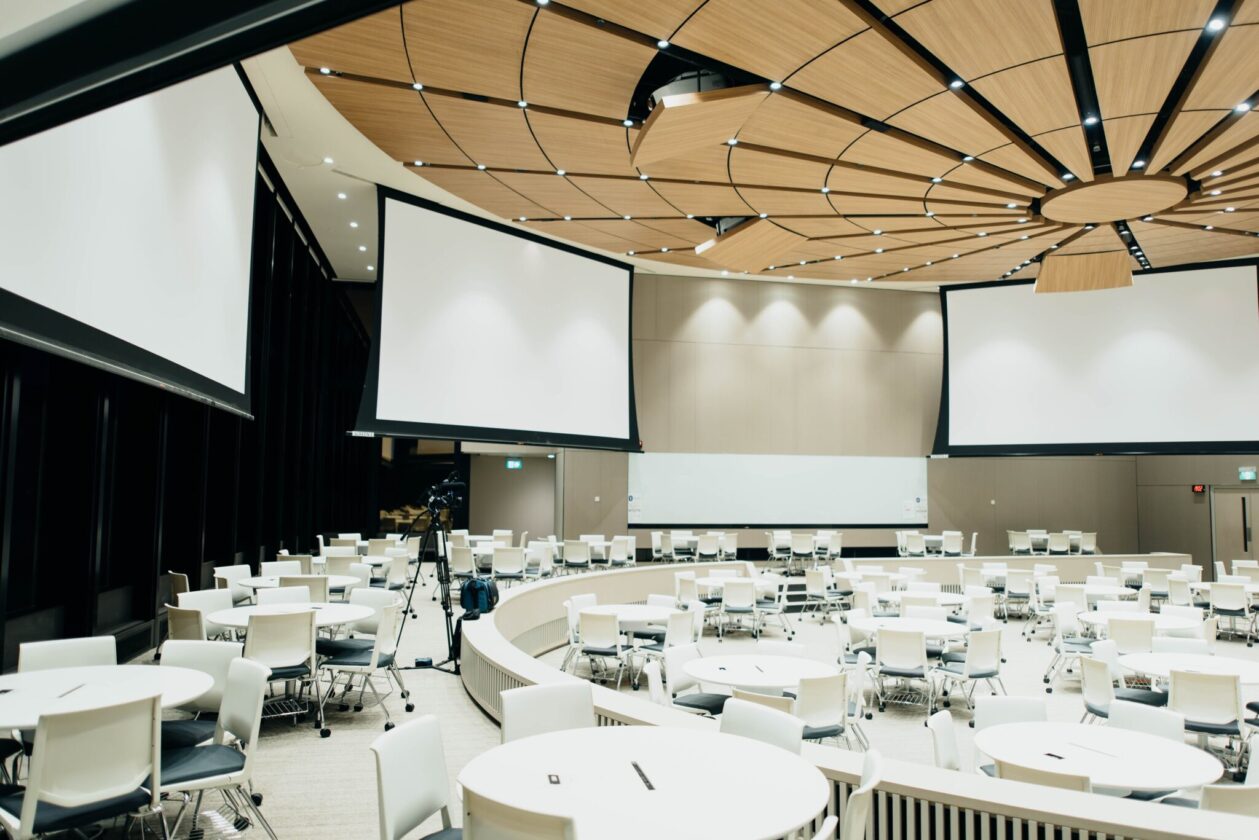The news headlines from the first post-pandemic face-to-face international travel industry conference held in Cancun, Mexico cautiously signaled good news. “Travelers Becoming More Confident” and “Traveler Confidence Rises, COVID-19 Fears Subside” were typical titles for the hundreds of news stories stemming from the event.
The headlines are correct.
Travelers are twice as likely to plan international trips within the next six months as they were in September 2020, according to Global Rescue’s recent traveler safety survey. Nearly three-quarters of travelers have already taken a domestic trip or are planning to take one before July.

Fear of COVID-19 infection or quarantine as a primary concern among travelers plunged 37 percent, while their confidence to travel has grown significantly since the pandemic was declared more than a year ago, according to the survey. Seventy-eight percent of respondents are “much less” or “less” concerned about travel safety in 2021 compared to 2020, with 22 percent answering they are “more” or “much more” concerned.
As traveler confidence grows, they will be looking to international government health officials to develop capabilities to prevent another catastrophic pandemic. Specifically, travelers want to know that officials will dedicate the same resources and urgency to identify, detect and respond to emerging pathogenic threats as well or better than they did with COVID-19.
By leveraging improvements in technology, including tools that detect active infection of COVID-19 and emerging diseases on exhaled breath, we can effectively recover from, and prevent, disease spread while boosting and protecting the travel and hospitality industry.
What the news headlines did not report from the first in-person international travel industry conference was the success of the preparations undertaken to manage, monitor, support and respond to any disease threat. Global Rescue experts conducted conference site assessments in advance, developed emergency plans in case of illness or injury, established group-wide risk management protocols and provided training for all personnel.

The initial result was peace of mind for the participants, on-site staff and visiting journalists traveling to the World Travel and Tourism Council’s Global (WTTC) Summit in Mexico. The final result was that the conference was run safely and successfully, proving even before many are vaccinated that it can be done.
The pandemic is leading business and leisure travelers to modify their trip plans in a number of ways. The survey revealed a majority of travelers (54 percent) indicated they would avoid crowded destinations and places with insufficient medical facilities (22 percent), listing those two items as the main reasons preventing them from visiting an area. Respondents said the most important travel protection service today is medical evacuation from the point of illness or injury (49 percent) followed by “cancel for any reason” trip insurance to protect against financial loss from last-minute trip cancellation or disruption (21 percent).
Summer travel is going to explode, provided governments don’t arbitrarily prevent it from happening. The checklist for travelers is a simple three-step process.
First, reduce your risk by getting vaccinated. Next, obtain medical evacuation protection that includes event alerts so you can stay informed and prepared. Third, choose a destination that is reasonably accessible, has declining COVID-19 case rates, reliably open borders for your planned trip and sufficient medical infrastructure just in case you get sick or injured.
The travel industry is vital to the world economy. Business conference preparations, like the ones we implemented for the WTTC Summit, combined with vaccination compliance and a global commitment to develop and deploy a fast, widely dispersed disease testing capability are the cornerstones for a healthy recovery for the travel industry and protection against another devastating pandemic.
Dan Richards is CEO of Global Rescue, the world’s leading provider of medical, security, evacuation and travel risk management services to enterprises, governments and individuals. He currently serves on the U.S. Travel and Tourism Advisory Board at the U.S. Department of Commerce, is the chairman of the board for Global Wildlife Conservation, a science-based environmental conservation organization, is an ambassador for the U.S. Ski and Snowboard Team, and a global member of the World Travel and Tourism Council.






